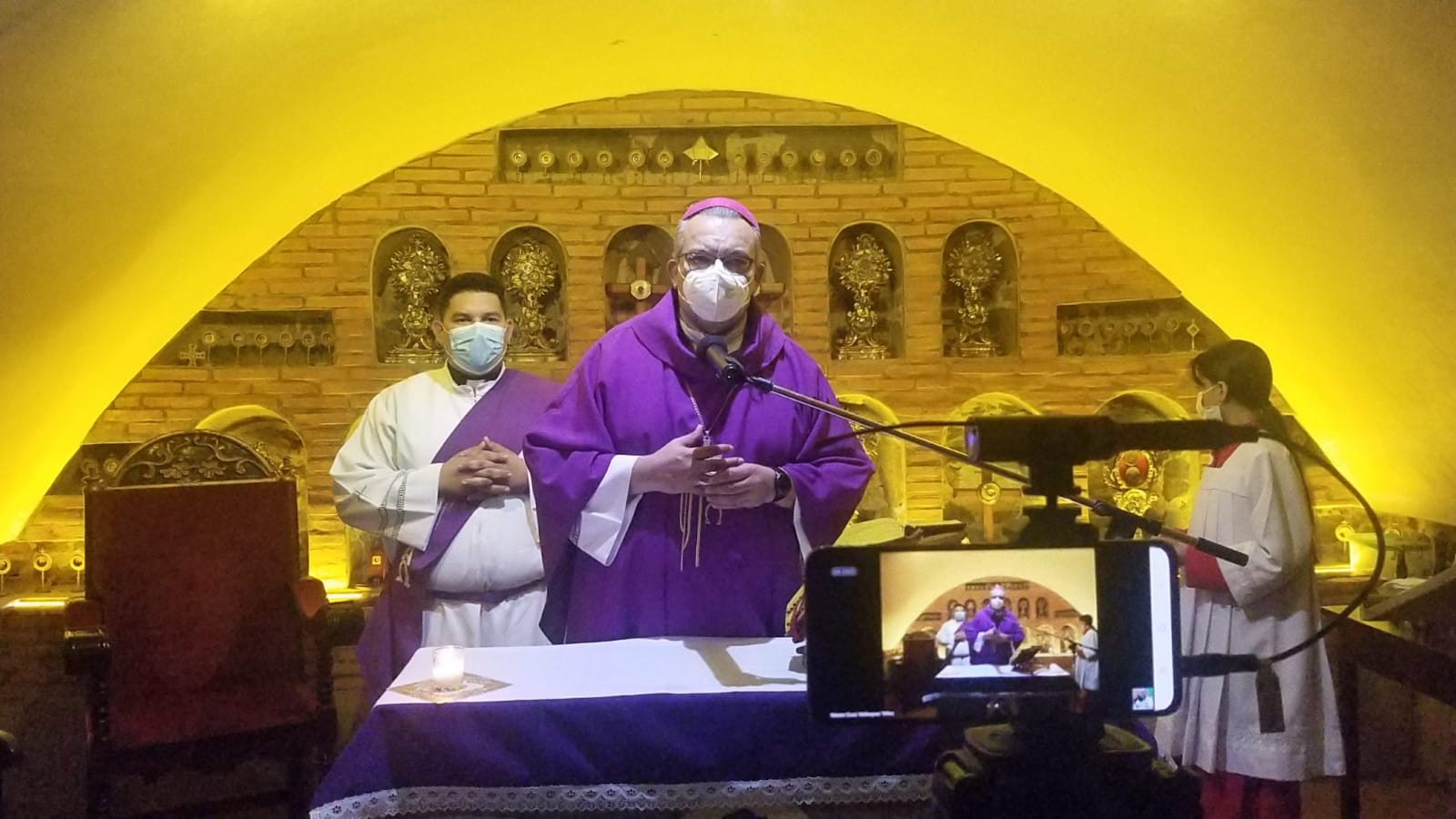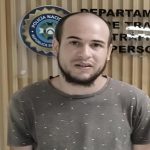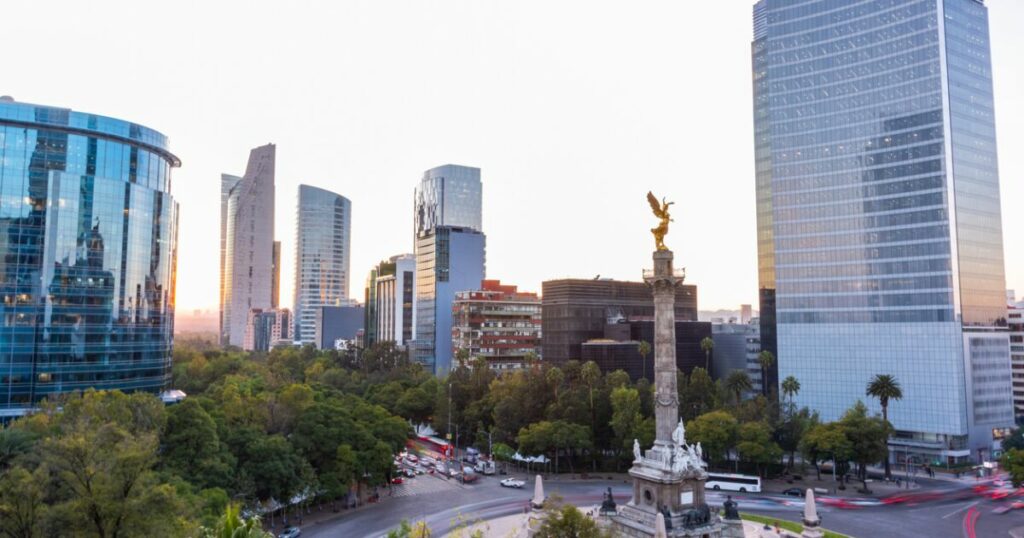Local journalists from León complain about the “cold relations” that the bishop of that Diocese has with them. Monsignor René Sócrates Sándigo has mentioned to religious he trusts that he does not want to have any contact with journalists, arguing that “later they misrepresent everything.”
“It is disrespectful to people who do their job well,” said a communicator who has been in a radio medium for more than 30 years and who declared himself concerned with the position of the religious towards the Leonese press. “This month journalists are celebrated, it is a bad example for other people in influential positions and it is unfortunate that it comes from a bishop,” he criticized.
On August 24, 2019, René Sócrates Sándigo arrived in the university city to occupy the position of bishop of the Diocese of León. According to experienced journalists, it is the chief who has put himself in an uncomfortable position with the local media.
Related news: IACHR requests provisional measures for journalists from Radio “La Costeñísima”
“He has been questioned because he has not taken over the legacy of his predecessor, Monsignor Bosco Vivas. The religious got along with journalists, talked more with people and identified with those who suffer. You don’t feel that about Monsignor Sándigo, it’s unfortunate,” said an independent reporter.
Like Murillo?
Sándigo has expressed that he does not provide an interview on the pretext that they misrepresent their positions. «That day we requested an interview with him and Fatima, his secretary, attended us. I think we caught him “moved” and he immediately passed us to the monsignor. Before reaching his desk, he warned us: “I will only answer questions on issues that concern me, not politics, because I am not a politician,” he said from the outset. “At the moment we feel intimidated,” said a Leonese journalist who for years stood out as a León correspondent for the extinct newspaper El Nuevo Diario.
They criticized that the same argument of “misrepresentation” is the one used by the government spokesperson Rosario Murillo to create her own media emporium and avoid the uncomfortable questions and explanations that she is obliged to give for being an employee of the State of Nicaragua, just like her husband, and their children.
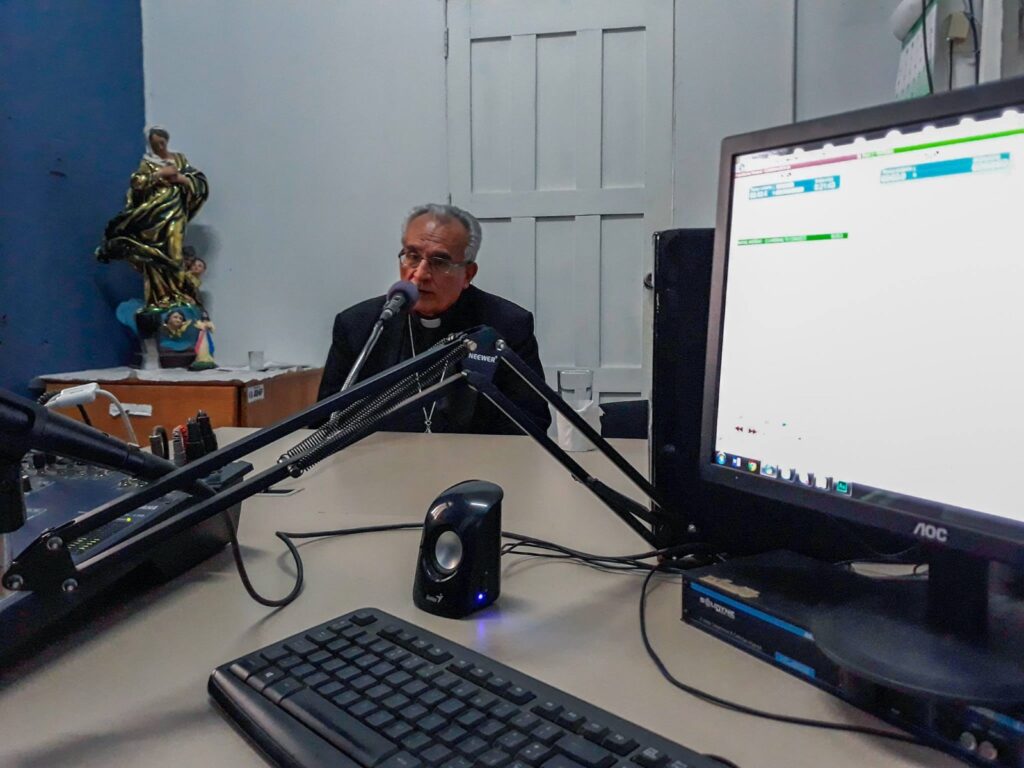
Other communicators report that “it is an odyssey to look for” Sándigo in his office, even if it is to ask him about news of the pastoral life of the city. «He always hides or the secretary writes down a date for the interview and they never call you; that is playing with the journalist. That attitude towards us is strange; Monsignor Bosco Vivas was different. There was respect,” they complained.
Monsignor René Sándigo has distanced himself from journalists since he became Bishop of León. Journalists remember that he only once celebrated National Journalist’s Day on the first of March, which was possible due to the request of several communicators who told him that it was a tradition to celebrate it with Monsignor Vivas. “But that is history,” they reiterate.
Media of the diocese no longer exist
In León, three media outlets in the diocese were closed by the regime: Channel 98 Purísima TV on Telecable, Radio Magnificat and Canal Lignun Crucis, in Corinto. According to clergy sources, Sándigo directed that everyone who will ask be told that they were off the air due to technical maintenance problems.
«What they know how to say is that the Radio Magnificat antenna was struck by lightning and that is why it was off the air; but we all know that it was censored”, emphasizes a source close to the Diocese of León.
The clergy sources stated that the bishop found “the means of communication working, a website where informative notes on the pastoral work of the parishes were published, the radio playing with its repeater on Casita Hill, the channel, despite the fact that it was Managed by the Marian Missionaries, it had a staff of more than 10 collaborators, they covered the payroll and, after TV Merced de Matagalpa, which was the best Catholic channel,” they said.
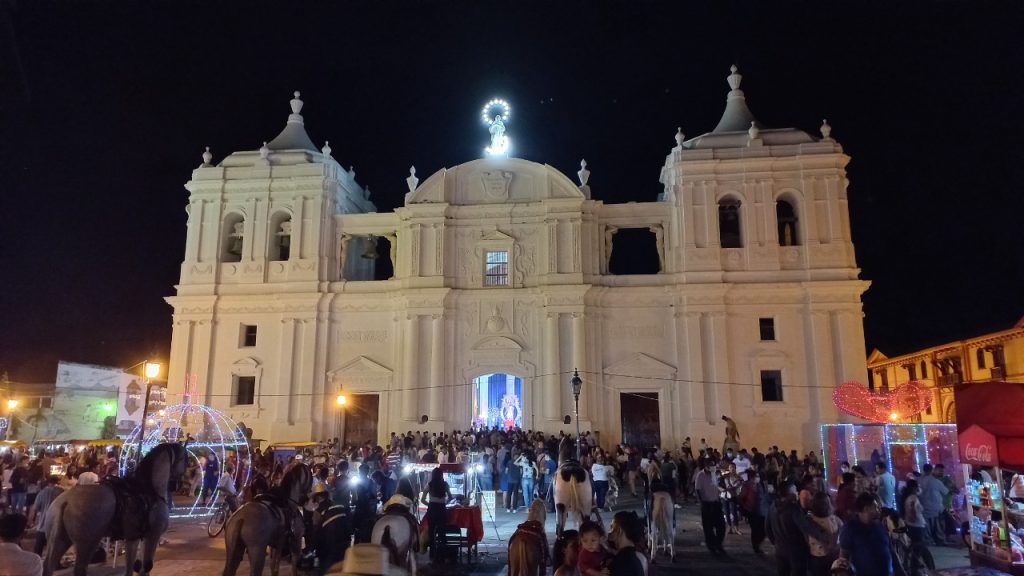
With the arrival of Sándigo, a very authoritarian position was imposed in relation to the diocese’s media, which lasted a few months in operation. “Things, even if they are wrong, have to be done as he says, otherwise things go wrong,” say the sources consulted.
Some parishioners do not look favorably on the one who directs the communication area of the Diocese. “He is a boy who, without being a social communicator, directs the media, and has marked a distance between the diocese and journalists, because Sándigo’s first orientation was not to be close to the press,” they remark.
The discontent of independent journalists increases and grows due to the lack of exchanges with the León chief. “He not only ignores us, he despises us,” they point out, who miss the time when every March 1st they talked openly with the prelate of the Catholic Church of this department.
By United Voices
